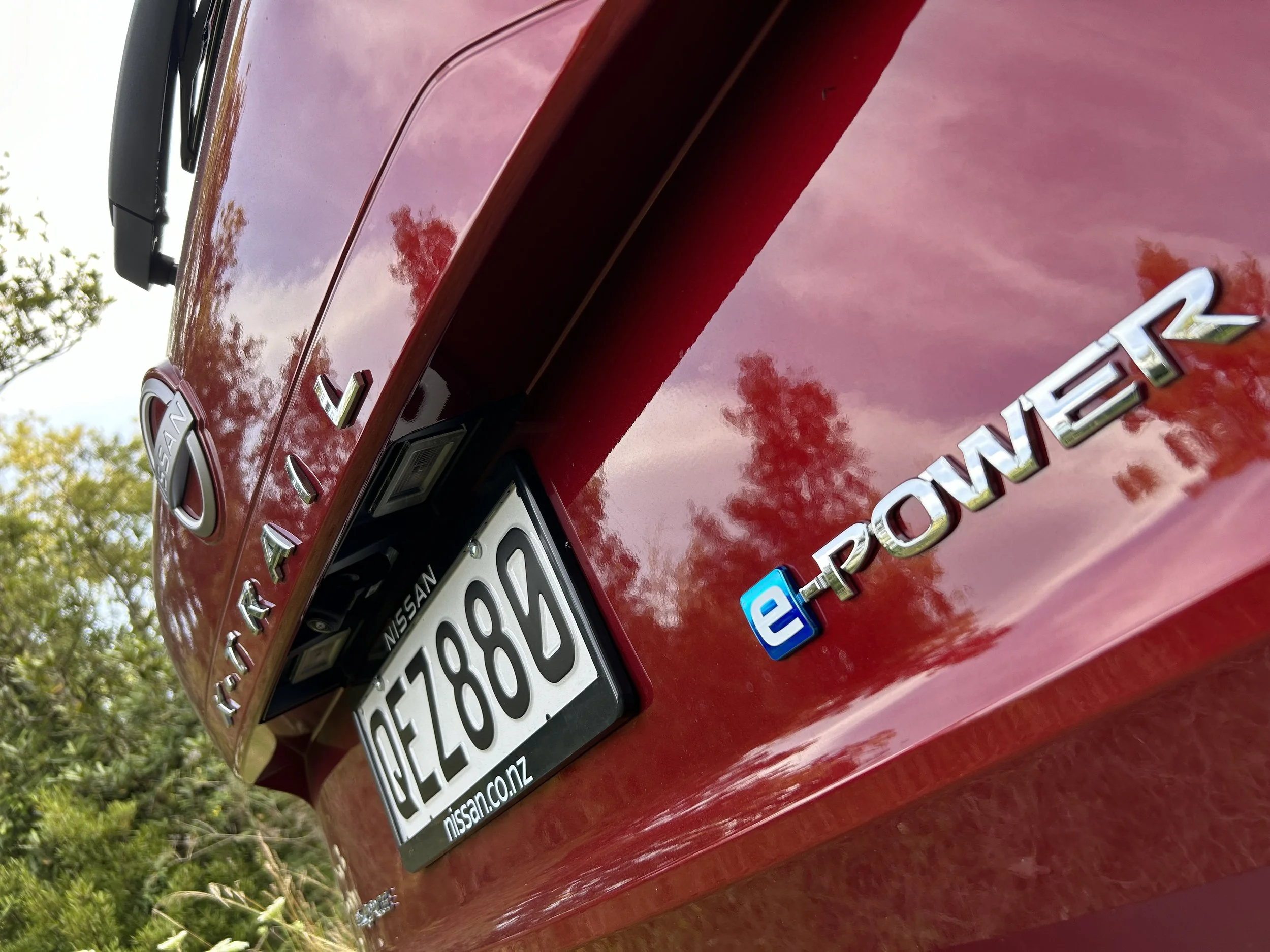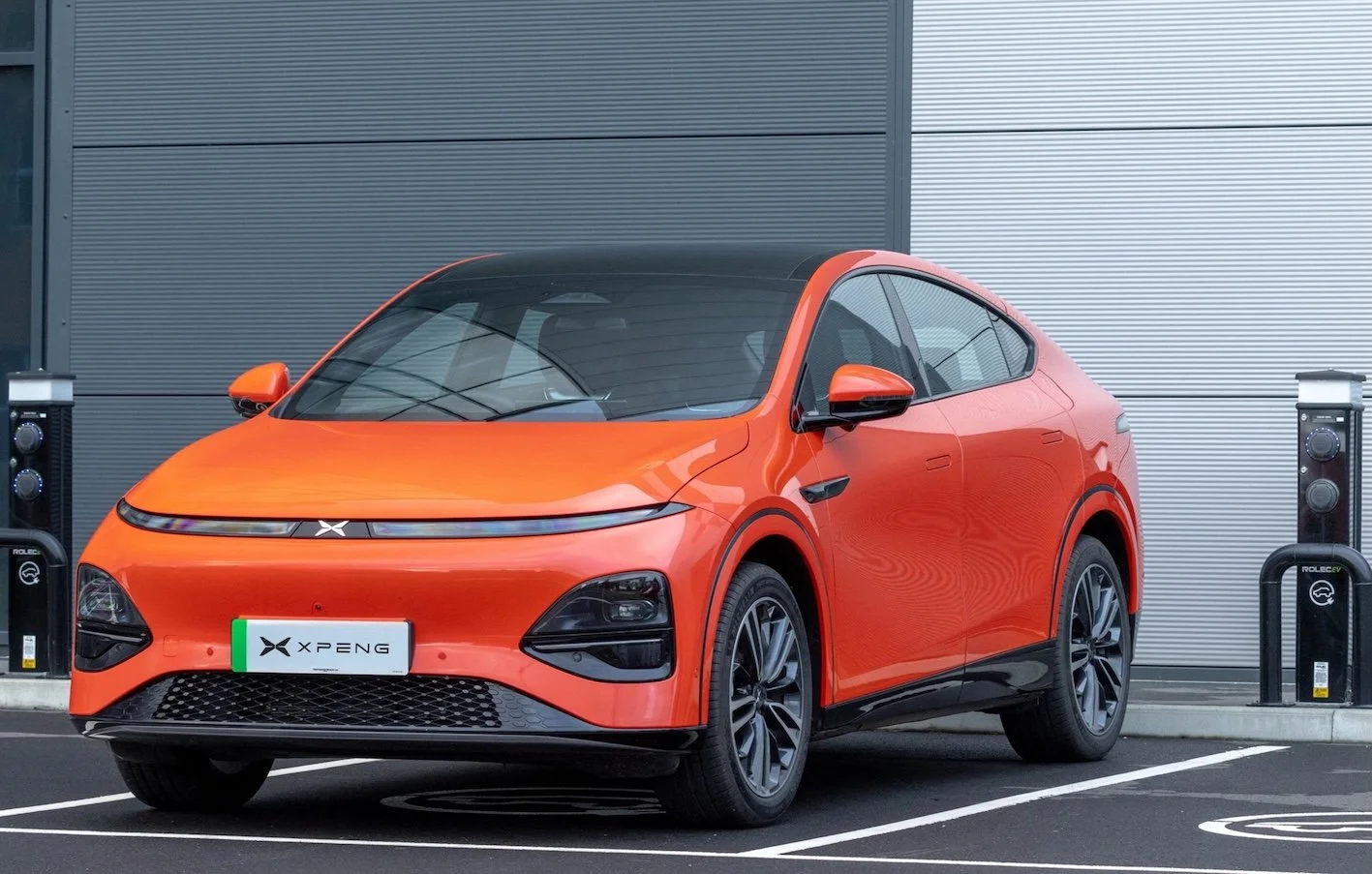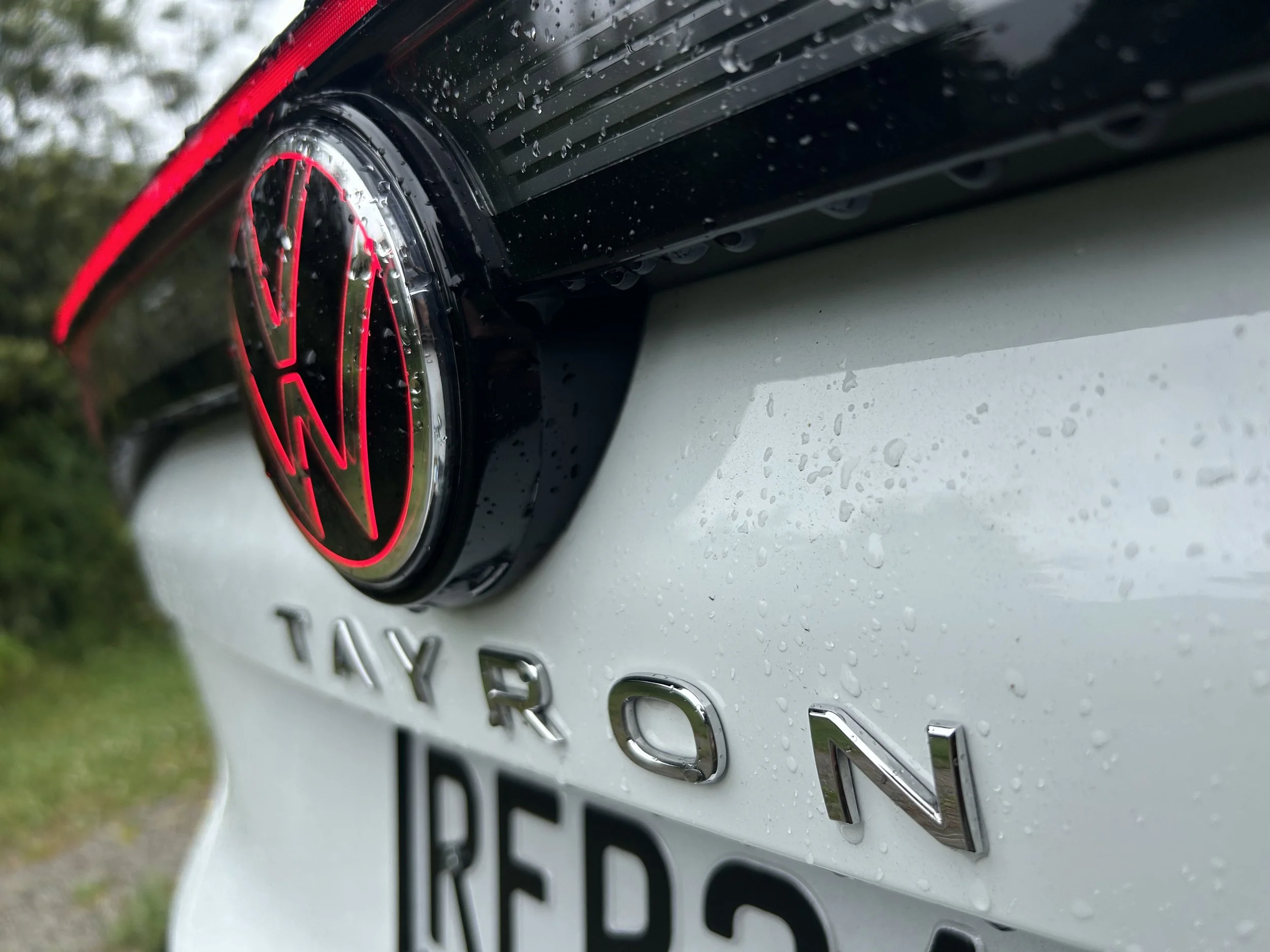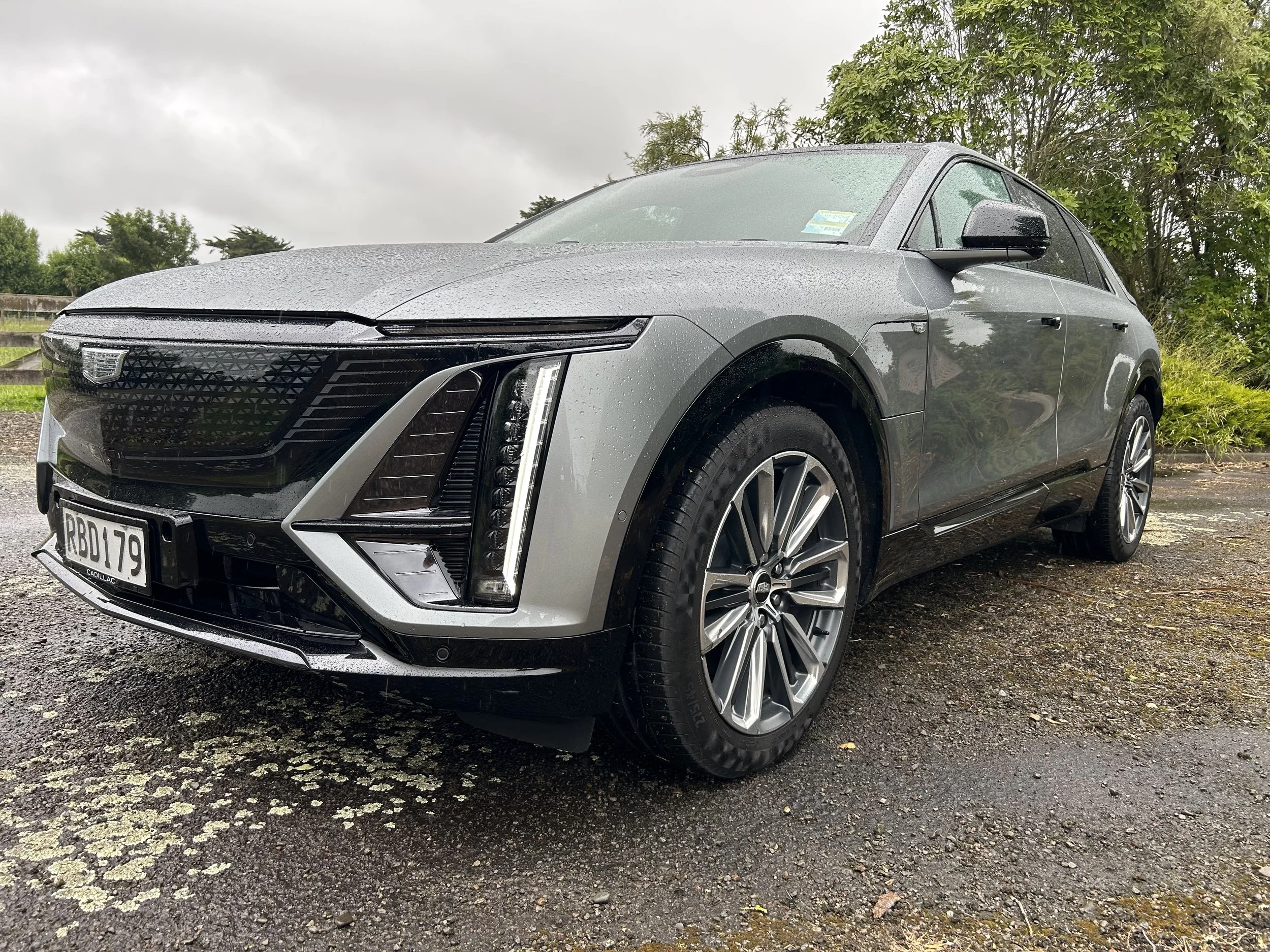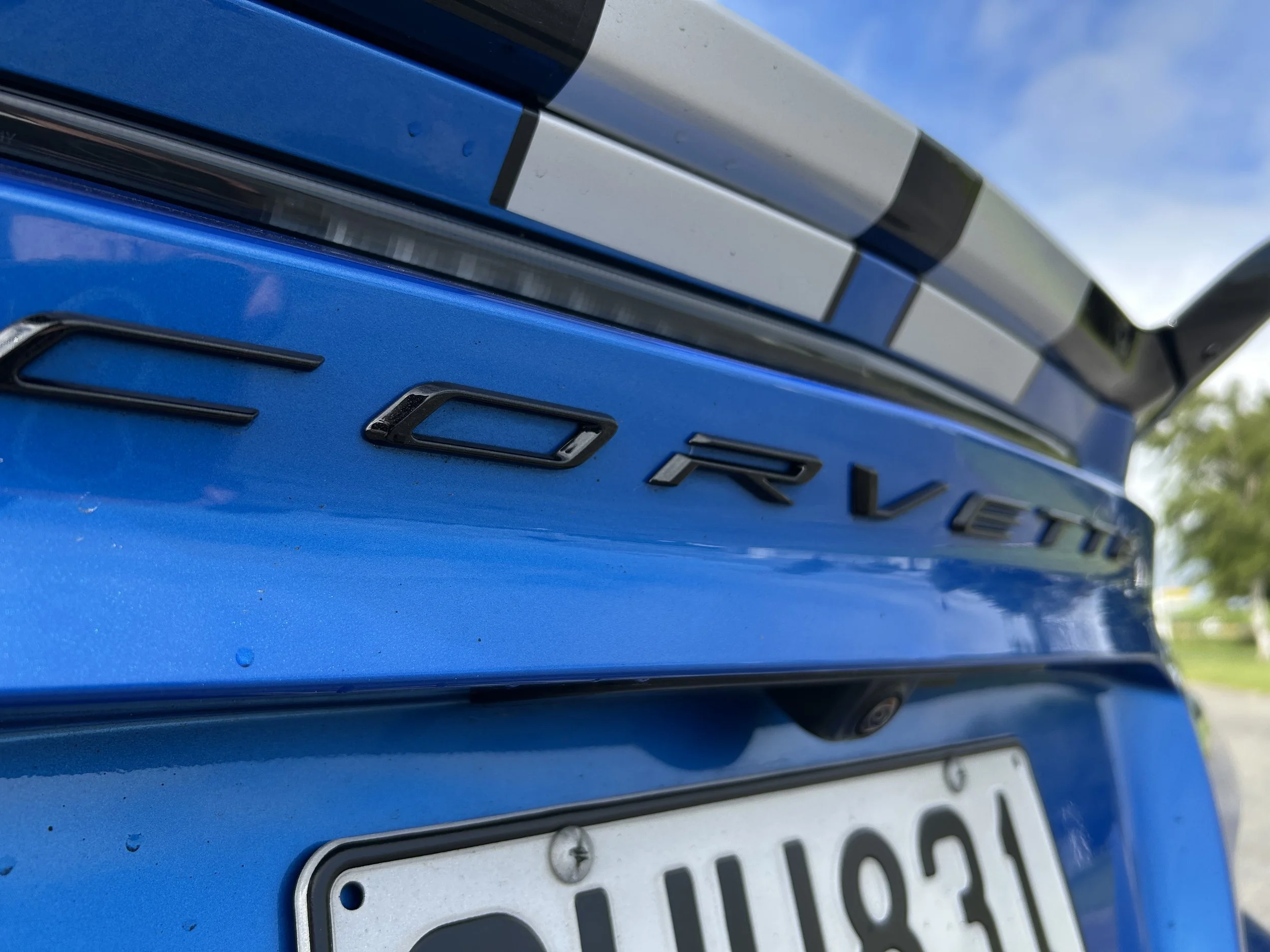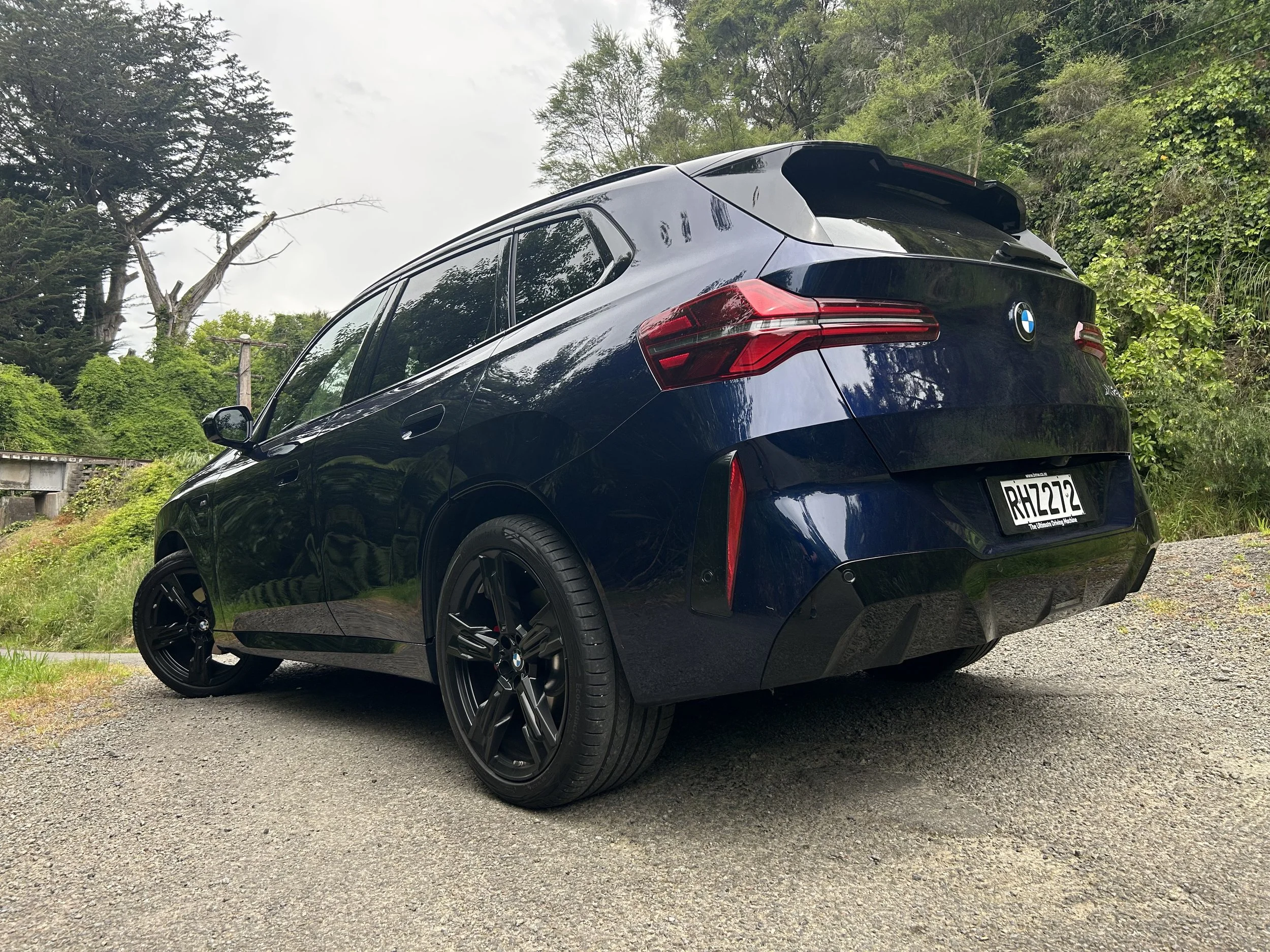e-Power status with RUC electric hit raised
/Is Nissan’s one of a kind battery-compelled drivetrain impervious to the road tax regime?
OSTRACISED under Clean Car, a novel Nissan hybrid that’s electric by maker definition might yet steer clear of road user charge - at least until petrol cars are also drawn into that tax.
Last week the Government announced electric vehicles (EV) and plug-in hybrid vehicles (PHEV) will no longer be exempt from road-user charges as of 1 April.
Owners of light EVs will pay $76 per 1000 kilometres, to match equivalent diesel-powered vehicles. PHEV owners will pay a reduced rate of $53 per 1000km, recognising that they also pay excise duty on their petrol.
There is one completely electric technology, featuring in just two New Zealand-new products, that conceivably con’t feel that impact, because it has been categorised as being in the petrol camp.
Nissan’s e-Power system, that implants into the Qashqai crossover and X-Trail sports utility, is PHEV-alike in tailoring with electric motors and a petrol engine, yet is distinctly different nonetheless.
PHEVs are uniformly parallel hybrids. Power to the driven wheels can come from an electric motor or the internal combustion motor, or both at once.
E-Power is a series hybrid, the only one in the market.
Unlike a plug-in, it doesn’t have facility to replenish with mains electricity. Also different? The engine never directly drive the wheels. That’s always accomplished by the electric motors.
Specifically, the e-Powers use a 1.5-litre three-cylinder petrol engine to power a battery that, though modest-sized - with a 2.1kWh lithium ion capacity - is nonetheless strong enough to feed twin electric motors - one each at the front and rear axles - that drive the wheels.
Does that make an electric car? Semantics come into play.
Nissan Japan describes it as “a 100 percent electric motor-driven system”.
They also say that “as the system is 100 percent driven by high output electric motors, it is possible to enjoy the driving experience of an EV.” So, technically, yes.
Nissan New Zealand’s misfortune was to launch e-Power during the Clean Car Discount scheme, which was all about emissions. Because of that, regulators took note of an undeniable factor. From an air pollution standpoint, it is not as environmentally friendly as a battery electric vehicle. The petrol engine obviously emits CO2.
Also perhaps influencing their determination to categorise it as a petrol car was that, regardless how EV-like the driving is, it absolutely requires fuel in the tank. Without that, the car is going nowhere.
When Clean Car rules tightened in July - very soon after the car landed - e-Powers copped CO2 penalties of several thousand dollars. Did that hurt sales potential? Nissan NZ will not comment.
What is clear, now, is that unless regulators rethink yet again, and u-turn on last year’s decision, the powertrain is now surely in a sweet spot - the only electric to escape RUCs.
Why not? A Nissan dealer spoken to by MotoringNZ.com argued it’s got to be so.
“It’s an electric car, but an electric car running on petrol. They call it a petrol car - so, it cannot attract RUCs and the costs associated with that.”
If accepted, that argument lends running cost advantage. It is calculated owners of some pukka EVs will be paying twice as much per kilometre as an equivalent petrol vehicle, as EVs (like diesel vehicles) are to be charged per kilometre, while petrol cars pay tax per litre of fuel.
Does Nissan NZ agree? The Auckland office said it as beyond their pay grade. They referred the proposal to the Oceania division in Australia a week ago. It has yet to reply.
If e-Power does exploit a loophole, it won’t be forever. Government has also signalled that it also intends petrol cars to also be hit by RUCs.
Because? It contends newest-generation petrols are now extremely thrifty, to point where their lower fuel burn means less time at the pumps, which means less fuel tax contribution.
However, that will require a change of legislation, so might not happen for some time.




